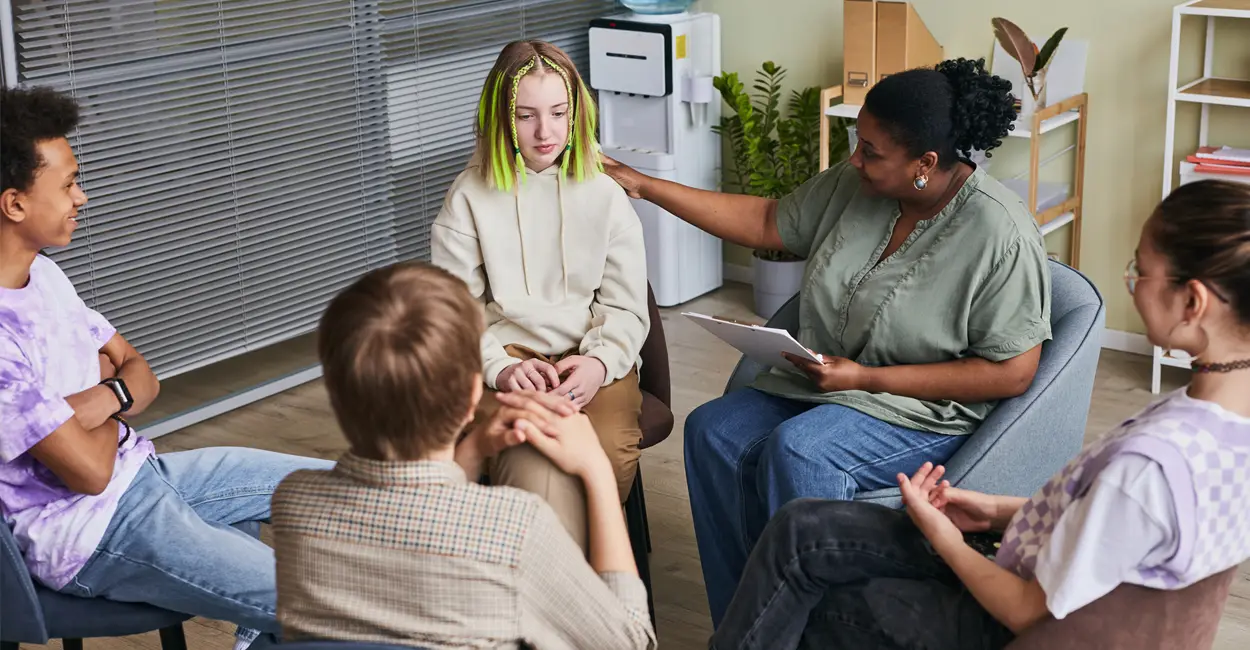24/7 Helpline:
(866) 899-221924/7 Helpline:
(866) 899-2219
Learn more about PTSD Treatment centers in Baker County
PTSD Treatment in Other Counties

Other Insurance Options

Health Choice

BHS | Behavioral Health Systems

Anthem

Medical Mutual of Ohio

BlueCross

Ceridian

WellCare Health Plans

AllWell

Covered California

Health Partners

Ambetter

Self-pay options

Choice Care Network

Sliding scale payment assistance

Amerigroup

Coventry Health Care

Private insurance

Premera

Meritain

Group Health Incorporated

Meridian – Baker County Clinic
Located in Macclenny, Florida, Meridian- Baker County Clinic is an alcohol and drug rehab program th...


































